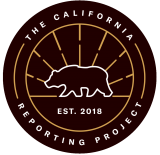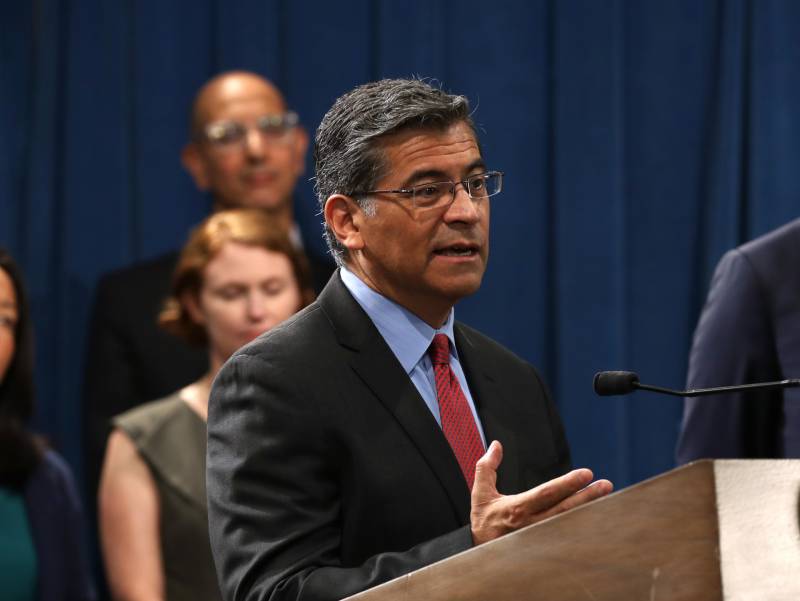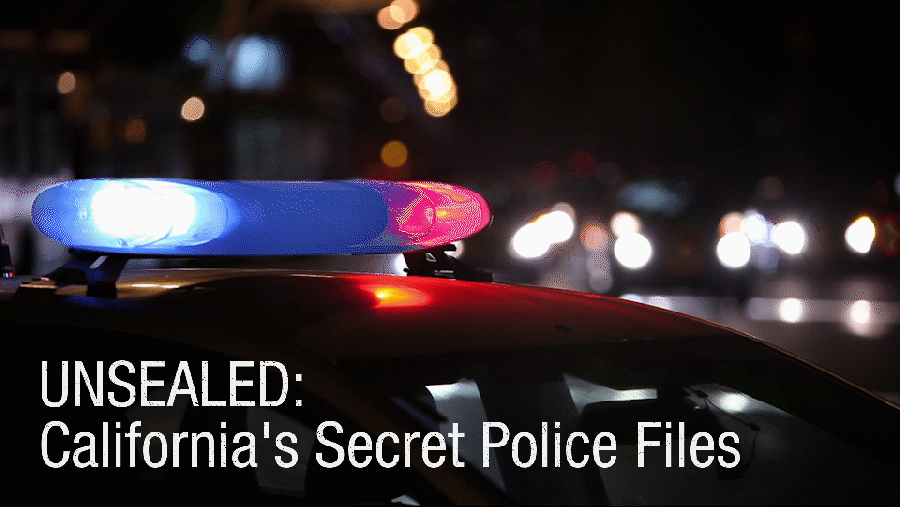The attorney general refused to budge, however, until a few weeks later when a coalition of news organizations, including KQED and the Bay Area News Group, won a separate state appeals court ruling that all such records, regardless of when they were created, should be disclosed.
But even then, the state Department of Justice released only a few case files — those pertaining to misconduct by state agents, arguing that it was not required to provide thousands, and maybe more, files regarding investigations into local police officers and sheriff's deputies. Nearly a year later, the courts and public remain unclear on exactly what police misconduct and shooting investigations the state Department of Justice may possess.
"There is no indication what kinds of records, if any, the Department may generate when it conducts an independent investigation of a law enforcement agency or when it reviews an agency's decision not to file charges in connection with an incident," the opinion says.
Judges strongly rejected the attorney general's arguments that SB 1421 should only require release of records related to an agency's own employees. The court found that the Legislature could easily have worded the law that way, and it did not.
"[W]e will not add words it has chosen to omit," the opinion says.
The attorney general has argued that providing the Department of Justice's misconduct files would be a huge burden largely duplicative of what the public can obtain directly from any local law enforcement agency. But the DOJ also conducts its own investigations and creates its own files on those cases.
The state appeals court found that the attorney general may still be able to withhold some files that would be too difficult to release, but it must do so by making a case-by-case argument that the benefit of nondisclosure outweighs the public benefit of release.
"I think the court recognized the importance of SB 1421, the fact that it was a transformative piece of legislation, and when combined with the public records act, it provides a powerful tool for the public to gain access to records of police misconduct and serious use of force," said Glen Smith, the First Amendment Coalition's litigation director.
 This story was produced by the California Reporting Project, a coalition of 40 news organizations across the state. The project was formed to request and report on previously secret records of police misconduct and use of force in California.
This story was produced by the California Reporting Project, a coalition of 40 news organizations across the state. The project was formed to request and report on previously secret records of police misconduct and use of force in California.



